All Formats & Editions
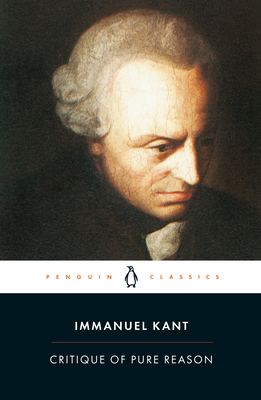
Critique of Pure Reason
The masterpiece of the father of modern philosophy A seminal text of modern philosophy, Immanuel Kant's Critique of Pure Reason (1781) made history by bringing together two opposing schools of thought: rationalism, which grounds all our knowledge in reason,...

Critique of Pure Reason (The Cambridge Edition ...
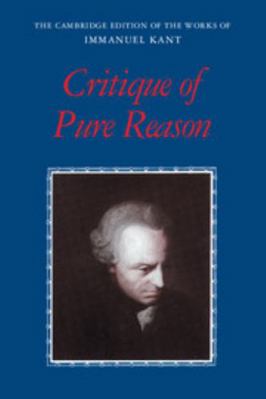
Kant: Critique of Pure Reason
This entirely new translation of Critique of Pure Reason is the most accurate and informative English translation ever produced of this epochal philosophical text. Though its simple and direct style will make it suitable for all new readers of Kant, the translation displays an...
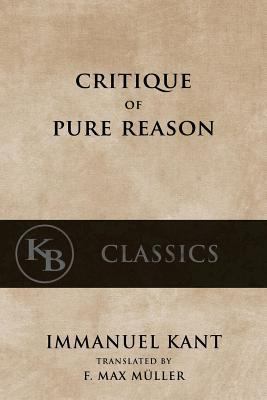
The Critique of Pure Reason

Critique of Pure Reason
A new edition of Immanuel Kant's monumental philosophical treatise Critique of Pure Reason , which seeks to determine the limits and scope of metaphysics. Though it received little attention when it was first published, the Critique of Pure Reason eventually drew fire from both...
![Crítica de la Razón Pura (Spanish Edition) [Spanish] 1548080187 Book Cover](https://m.media-amazon.com/images/I/417Px+-n7+L._SL500_.jpg)
Crítica de la Razón Pura (Spanish Edition) [Spanish]
![Kritik Der Reinen Vernunft: 2. Aufl. 1787 (Germ... [German] 3110014661 Book Cover](https://i.thriftbooks.com/api/imagehandler/l/3A6F387BF5DF0F8A545294988108B51199BECBF3.jpeg)
Kritik Der Reinen Vernunft: 2. Aufl. 1787 (Germ... [German]
Keine ausf hrliche Beschreibung f r "Kritik der reinen Vernunft" verf gbar.
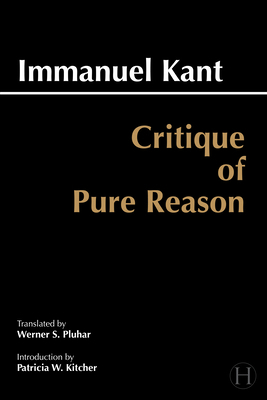
Critique of Pure Reason: Unified Edition (with ...
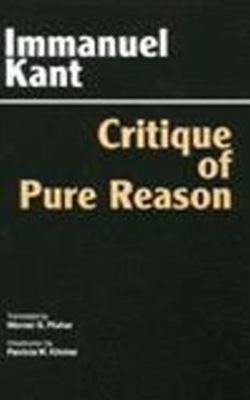
Critique of Pure Reason: Unified Edition (with ...
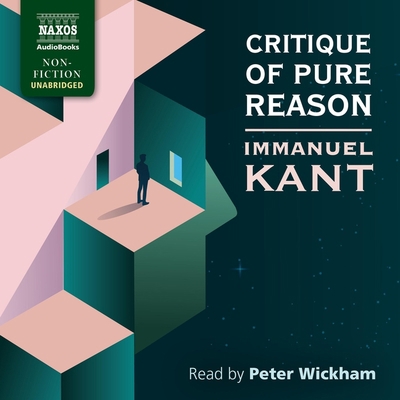
Critique of Pure Reason
Immanuel Kant's Critique of Pure Reason is a core text of modern philosophy. Presenting an examination of the nature of human reason, its central argument is that the way in which man perceives his environment is a direct consequence of the mind's ability to act on this environment...
![Critica de la Razon Pura [Spanish] 1535181206 Book Cover](https://i.thriftbooks.com/api/imagehandler/l/B9EB711493C1B0AF8107E7119A843C896DACF627.jpeg)
Critica de la Razon Pura [Spanish]
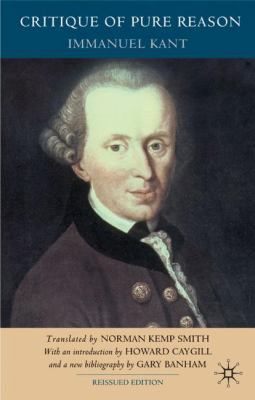
Critique of Pure Reason, Second Edition
Kant's Critique of Pure Reason is one of the most rewarding of all philosophical works. The text follows the second edition of 1787, with a translation of all first edition passages altered or omitted. For this reissue of Kemp Smith's classic 1929 edition, Gary Banham contributes...
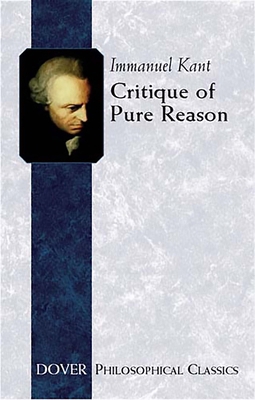
Critique of Pure Reason
In his monumental Critique of Pure Reason, German philosopher Immanuel Kant (1724-1804) argues that human knowledge is limited by the capacity for perception. He attempts a logical designation of two varieties of knowledge: a posteriori, the knowledge acquired through experience;...
![Critique of Pure Reason (Macmillan Student Edit... [German] 0333057139 Book Cover](https://m.media-amazon.com/images/I/3168ss1nqgL._SL500_.jpg)
Critique of Pure Reason (Macmillan Student Edit... [German]
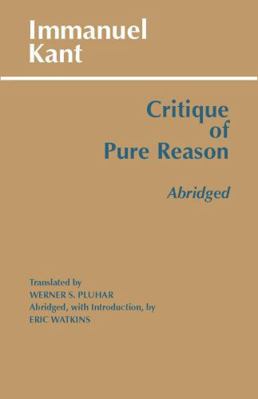
Critique of Pure Reason, Abridged
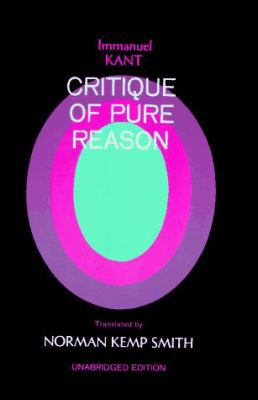
Critique of Pure Reason
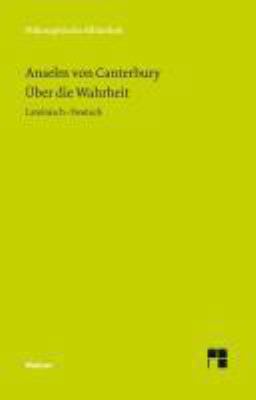
Kritik Der Reinen Vernunft
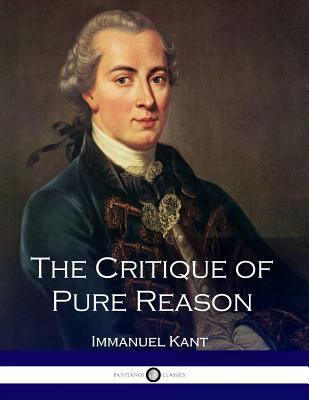
The Critique of Pure Reason

Immanuel Kant's Critique of Pure Reason
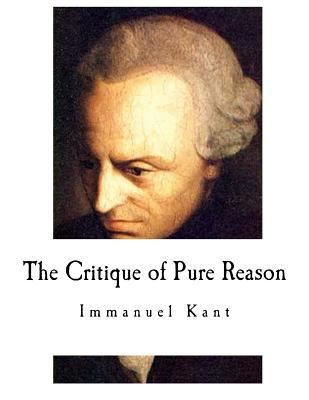
The Critique of Pure Reason

Immanuel Kant's Critique of Pure Reason. Transl...
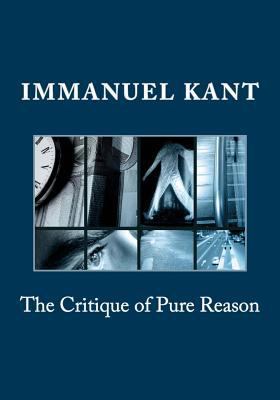
The Critique of Pure Reason
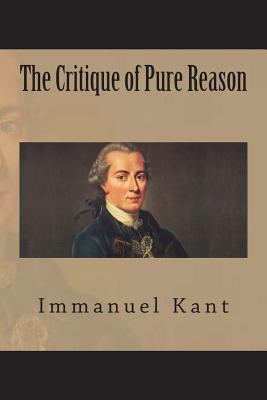
The Critique of Pure Reason
The Critique of Pure Reason (1781, Riga; second edition 1787) is a book by Immanuel Kant that has exerted an enduring influence on Western philosophy. Also referred to as Kant's First Critique, it was followed by the Critique of Practical Reason (1788) and the Critique of Judgment...
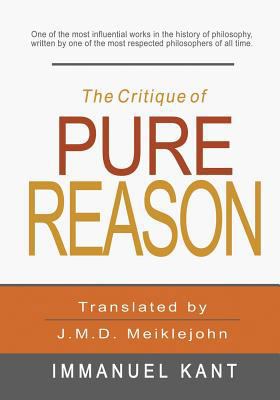
The Critique of Pure Reason
One of the most influential works in the history of philosophy, written by one of the most respected philosophers of all time.
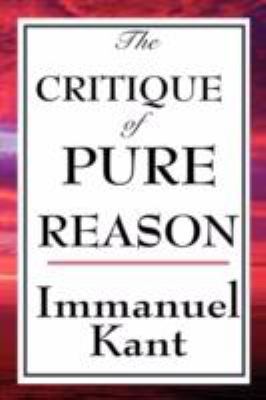
The Critique of Pure Reason
The Critique of Pure Reason is one of the most influential philosophy books of all times. Kant's influence on modern perception of reason cannot be over estimated. Here Kant redefines reason and gives us the tools to understand reason on two levels: the empirical...



